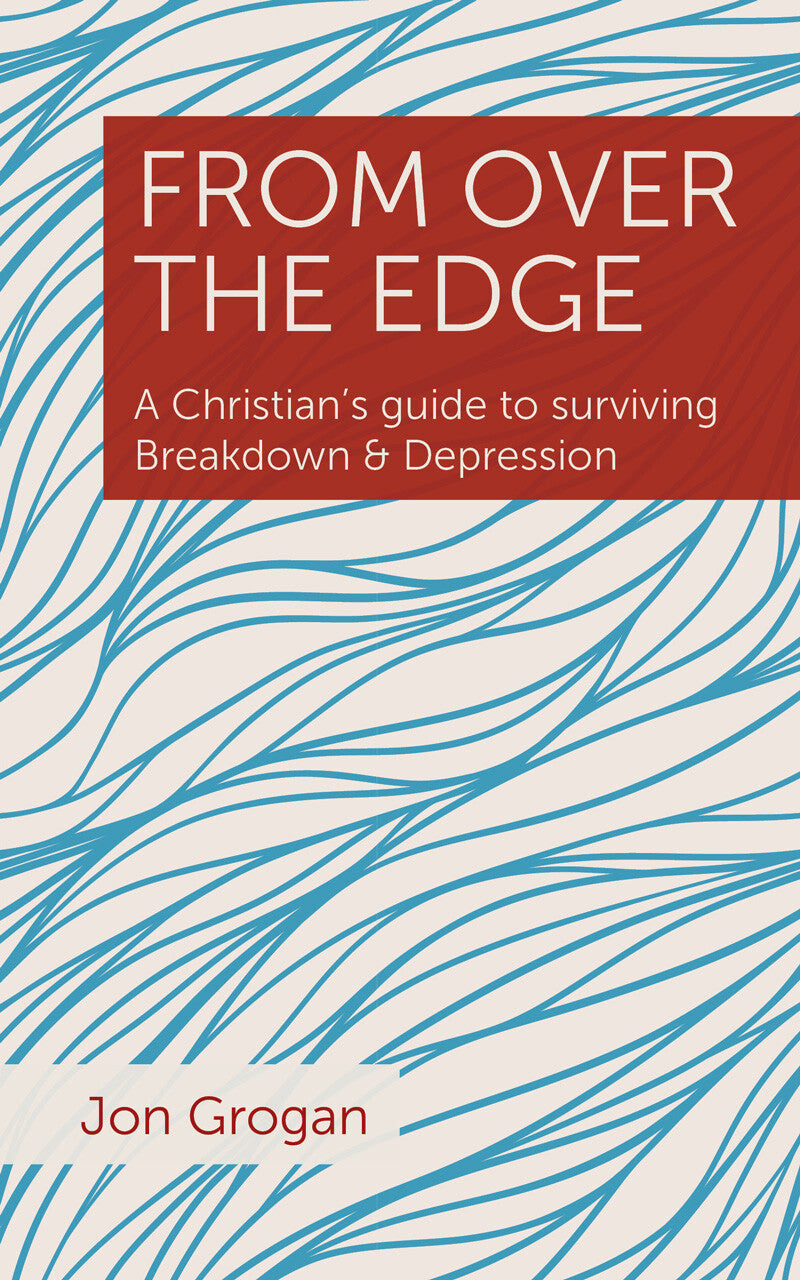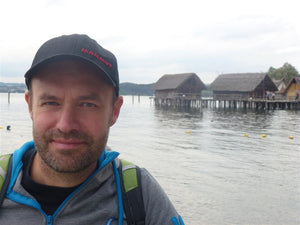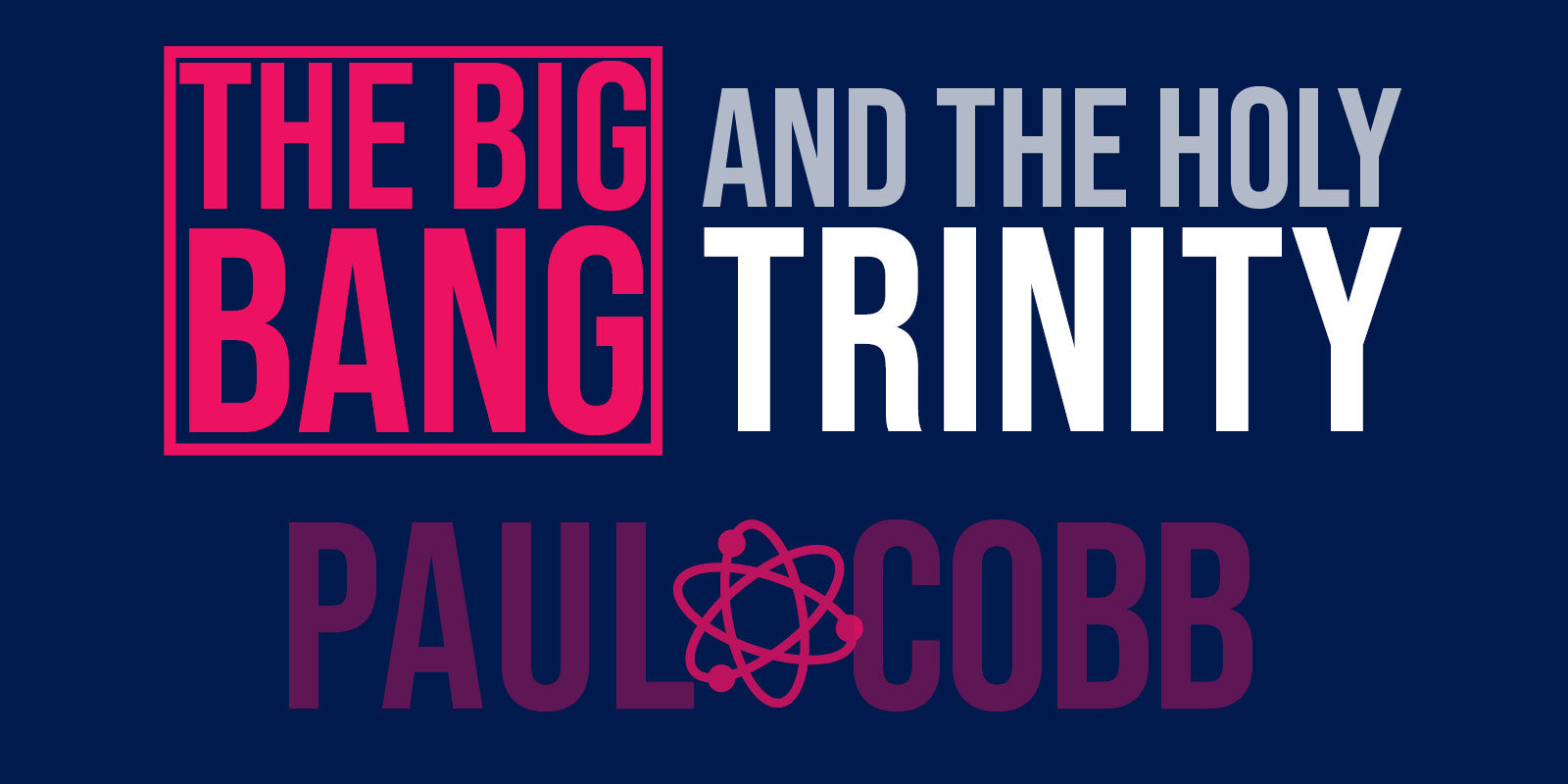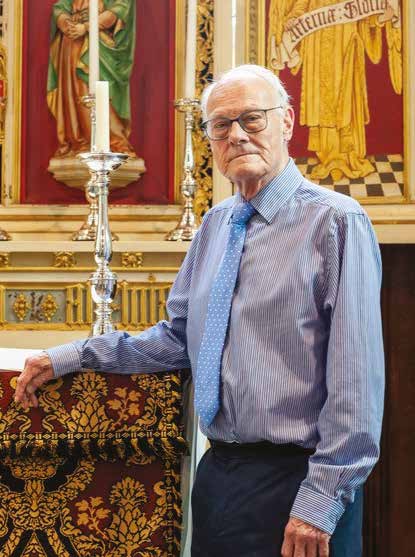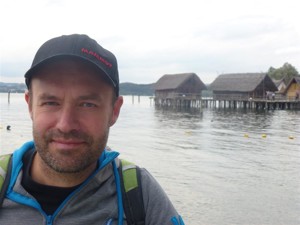 GUEST BLOG: Jon Grogan reflects on how he has adapted his expectations over the past few weeks to maintain a healthy perspective on life in lockdown.
GUEST BLOG: Jon Grogan reflects on how he has adapted his expectations over the past few weeks to maintain a healthy perspective on life in lockdown.
I’m sure it’s a concern for many of us—this business of how we fit in to life during the coronavirus outbreak. It has certainly been quite a challenge for me over the last few weeks during a time when I have found myself finishing one job and then waiting to start another.
Looking back, it seemed that early on I had actually found my role: it was to critique and improve upon government policy. “Rerum causas cognescere”—to know the cause of things—was the motto of my university. Although a noble pursuit in principle, I know as someone who is naturally inquisitive and suspicious of the party line that to try and know the cause of things can actually be a pain in the backside. I found myself endlessly reading articles looking for answers to questions such as why, if we were meant to be “following the science”, the science had suddenly changed. One evening I found myself having to heed some warning signs; I could tell that the constant trawling of social media and news websites had become an unwelcome preoccupation. Yes, we need to be reasonably informed and yes, I fear that in due course we might find that the government made some unwise choices. But I realised that trying to solve these problems with my limited expertise and access to the data was probably above my pay grade.
But, after reducing my media intake, what then? The temptation at first was to fill the vacuum with some form of “doing”. I should do some reading, or go for a run, or do some gardening, or baking. These are activities that I would normally find enjoyable, but now they somehow felt like part of a burdensome schedule. If “doing” seemed like a chore, maybe I would opt for “being”. After all, I am an introvert, and introverts should typically relish additional time for solitude and meditation. For some reason I dwelt on the image of Sister Wendy, whose soul delighted at being allowed to live the contemplative life in an old caravan in the grounds of the Carmelite monastery to which she belonged. Lockdown would have been water off a duck’s back for her and surely it could be for me too?
Still, the problem seemed to be the “ought” in the question of what path I ought to be following, a question that was ultimately being driven by me rather than God. And then a different voice seemed to saying something else. That maybe this was not a time for carpe diem after all. There was no need for starting projects or for seeking self-improvement. There was no choice. This was simply going to be a season of hunkering down and of basically generally lowering my expectations as to what each day would bring. And that this might be liberating.
Questions remain for me, and many of these concern the role the church. Can it be allowed to hunker down? If yes, then this potentially raises some existential questions. What of the church’s mission—is there a way in which it could be poured out to others whilst remaining cloistered for its own safety? I suppose different seasons call for different emphases. We can continue to pray, and, where there are opportunities to minister to people, maybe what is called for is a sense of solidarity, of recognising the sacrifices that everyone is making at this time and somehow using this to point to God’s sacrificial love for us all. Tom Wright has commented that a valid response of the church to what is happening is one of lament, and perhaps that can sometimes be more authentic than straining to see what is redemptive in this crisis.
In normal times, we know that for Christians to be physically available to others, both for those inside and outside the church, is incredibly important. Souls need fellowship with other souls; most of us are not Sister Wendys. When one of us suffers or is in need, the strong assumption in the New Testament is that others will show up. “I was a stranger and you invited me in”, says Jesus. “Is anyone sick? He should call the elders of the church to pray over him and anoint him with oil”, says James. But although virtual substitutes for presence do not have any specifically biblical endorsement, and are sadly not available to everyone, the experience of many of us is that they can be a real blessing. Checking into my church’s regular online Compline services during lockdown has certainly made me feel connected with church in a new way. I was also heartened to read someone’s comment on Twitter that being part of their own church’s virtual service had meant that it was the first time they had been able to take part in worship for several months on account of their suffering from ME (Chronic Fatigue Syndrome). It makes me think of a different motto, one which I have been trying to follow rather than the one which my university taught me. I have it hanging on my wall, painted by a man who paints with his mouth rather than his hands after suffering a life-changing spinal cord injury. The message is simple: “Accept and Adapt”.
Jon Grogan is a lawyer and lives in Newcastle-upon-Tyne. He is the author of From Over the Edge, an intimate account of struggling with depression and breakdown as a Christian.

